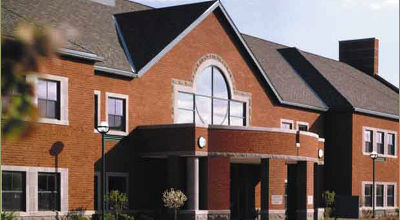NY School Treats Blessing Like a Curse
Alliance Defending Freedom attorneys have asked the full U.S. Court of Appeals for the 2nd Circuit to weigh in on a three-judge panel’s ruling against a New York 8th-grade student who wanted to include a religious blessing at the end of her graduation speech.
The Taconic Hills Central School District prohibited the 8th grade class co-president from offering the blessing, in which she planned to express her hope that “God would bless and keep” her classmates as they moved on to high school. School officials thought her words, as written, “sounded ‘too religious.’”
“Public schools should encourage, not shut down, the free exchange of ideas. The personal well-wishes of a student are no different just because they mention God,” said Senior Counsel David Cortman. “Public school officials have no legitimate basis to shut down personal speech just because it has a religious reference.”
The student’s brief closing remarks echoed Numbers 6:24-26 and read, “As we say our goodbyes and leave middle school behind, I say to you, may the Lord bless you and keep you, make His face shine upon you and be gracious to you; lift up His countenance upon you and give you peace.”
“Silencing religious voices in public schools tells students that faith is something to be ashamed of,” said Senior Legal Counsel Jeremy Tedesco. “The First Amendment does not allow public schools to exclude students of faith from fully participating in important events, like graduation, by requiring them to put a lid on their expressions of faith.”
Co-counsel David Gibbs, one of nearly 2,200 allied attorneys with Alliance Defending Freedom, originally filed the case, A.M. v. Taconic Hills Central School District, in 2010.
The petition for rehearing en banc filed last week seeks to overturn the 2nd Circuit panel’s ruling, which approved the censorship of the student. The petition argues that the school district is violating the student’s freedom of speech, which the First Amendment protects. It also argues against the panel’s notion that a religious blessing has no “secular analogue” by pointing out that “everyone who has ever browsed the racks of a Hallmark store knows that both secular and religious expressions of good will abound in our society.”














































